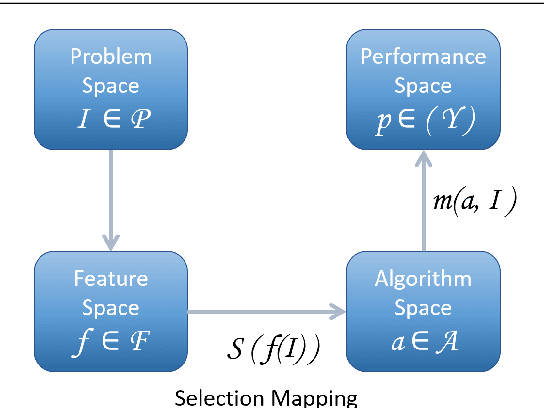Automated Algorithm Selection: from Feature-Based to Feature-Free Approaches
Paper and Code
Mar 24, 2022



We propose a novel technique for algorithm-selection, applicable to optimisation domains in which there is implicit sequential information encapsulated in the data, e.g., in online bin-packing. Specifically we train two types of recurrent neural networks to predict a packing heuristic in online bin-packing, selecting from four well-known heuristics. As input, the RNN methods only use the sequence of item-sizes. This contrasts to typical approaches to algorithm-selection which require a model to be trained using domain-specific instance features that need to be first derived from the input data. The RNN approaches are shown to be capable of achieving within 5% of the oracle performance on between 80.88% to 97.63% of the instances, depending on the dataset. They are also shown to outperform classical machine learning models trained using derived features. Finally, we hypothesise that the proposed methods perform well when the instances exhibit some implicit structure that results in discriminatory performance with respect to a set of heuristics. We test this hypothesis by generating fourteen new datasets with increasing levels of structure, and show that there is a critical threshold of structure required before algorithm-selection delivers benefit.
 Add to Chrome
Add to Chrome Add to Firefox
Add to Firefox Add to Edge
Add to Edge